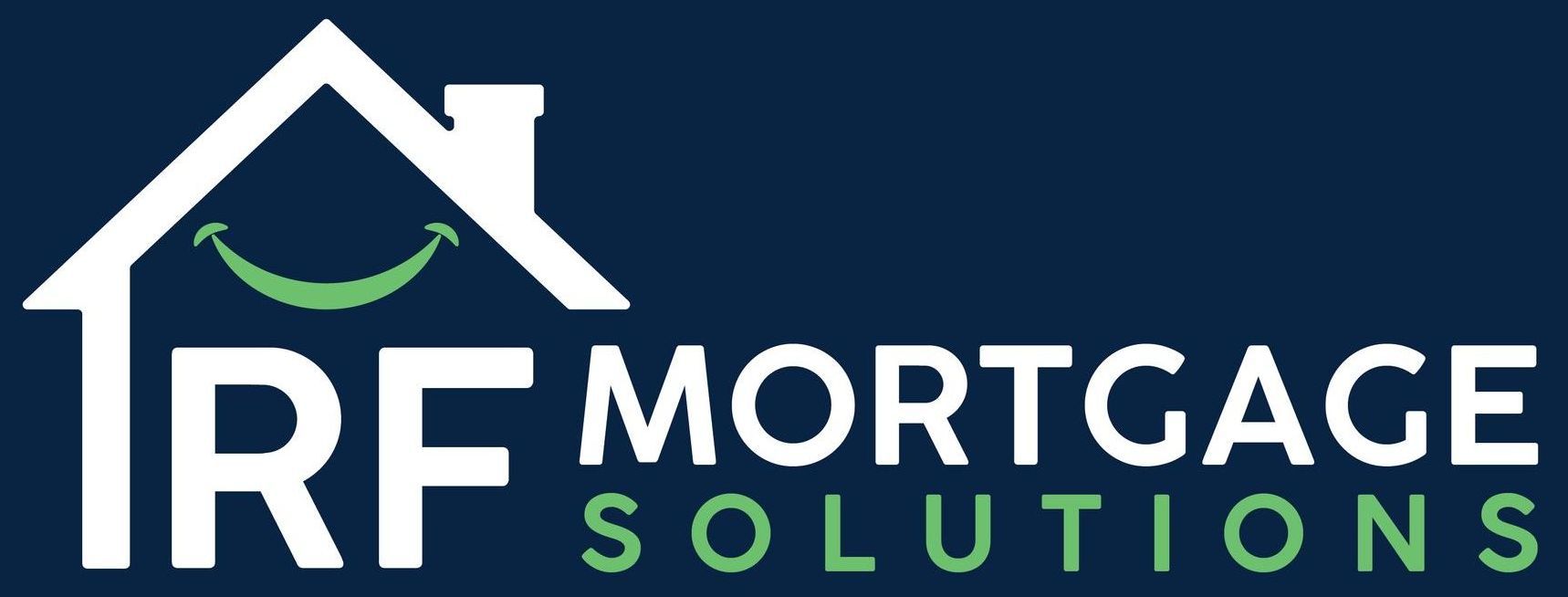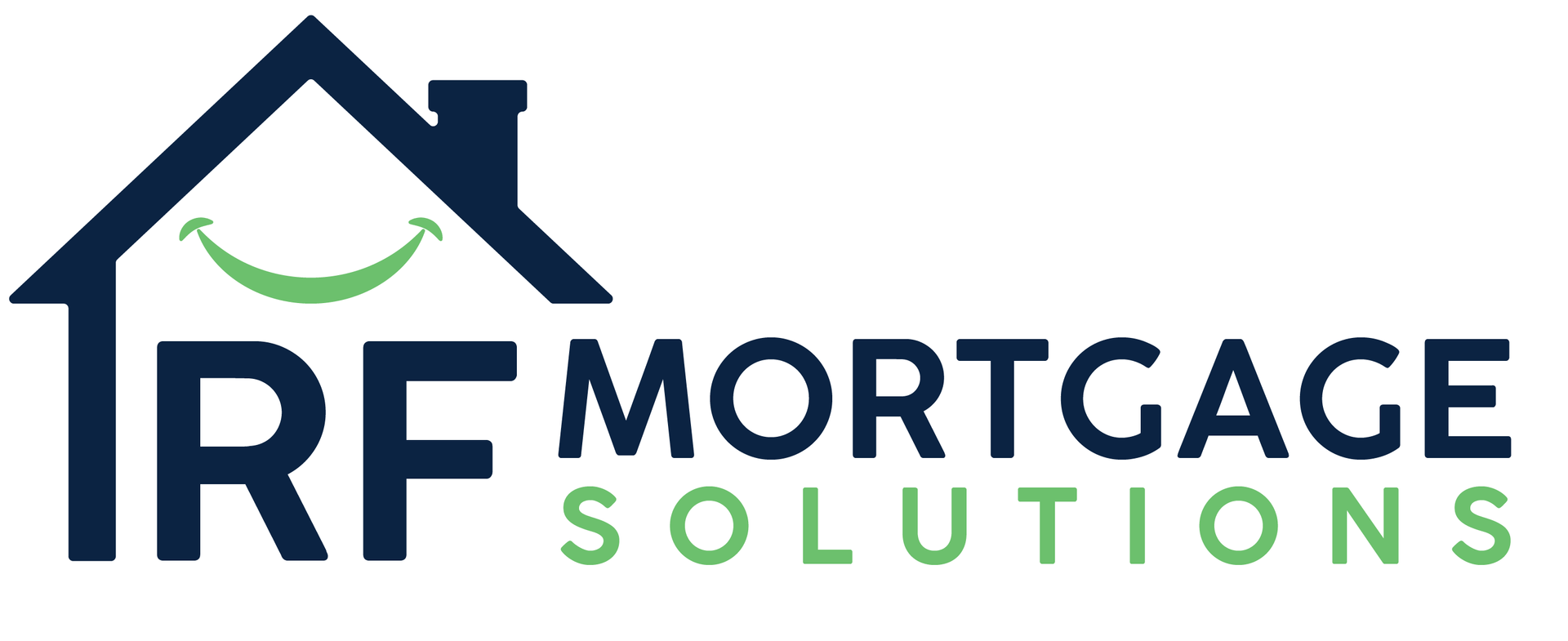General Insurance
Buildings Insurance
Buildings insurance is a type of insurance policy that provides coverage for the structural elements of a property against damage or loss caused by various events. It typically covers the cost of repairing or rebuilding the physical structure of the building, including the walls, roof, floors, ceilings, windows, doors, and permanent fixtures like kitchens and bathrooms.
Mortgage lenders expect a buildings insurance policy to be in place prior to the exchange of contracts on a property, and your solicitor will ensure that this is ready before you complete on a purchase. This is to help them safeguard their investment in the property.
Buildings insurance is typically recommended for homeowners to protect their investment in their property and ensure they have financial protection in the event of unexpected damage or loss. It's often a requirement for obtaining a mortgage, as lenders want assurance that their investment in the property is protected.
Contents Insurance
Contents insurance usually goes hand in hand with Buildings insurance when buying a house and is a type of insurance policy that provides coverage for the personal belongings and possessions inside your home against damage, loss, or theft. While buildings insurance covers the structure of your property, contents insurance focuses on protecting the items you own within the property.
Contents insurance is important for protecting your personal belongings and ensuring that you have financial assistance to replace or repair them in the event of unexpected damage, loss, or theft. It provides peace of mind knowing that your possessions are safeguarded against unforeseen circumstances within your home.
Landlord Insurance
Landlords’ insurance, also known as rental property insurance, is a type of insurance policy designed specifically for property owners who rent out residential or commercial properties to tenants. It provides coverage for the unique risks and liabilities associated with owning and renting out property.
It is essential for property owners who rent out residential or commercial properties, as it provides financial protection against a range of risks and liabilities associated with being a landlord. It helps ensure that landlords can protect their investment and mitigate potential financial losses resulting from unforeseen events or liabilities related to their rental properties.
Your home or property may be repossessed if you do not keep up repayments on your mortgage.
RF Mortgage Solutions Limited is an Appointed Representative of PRIMIS Mortgage Network, a trading name of First Complete Ltd. First Complete Ltd is authorised and regulated by the Financial Conduct Authority. Registered in England and Wales. Companies House number 11176859.
Our registered address is Suite 2068, Letraset Building, Wotton Road, Ashford, Kent, TN23 6LN
Fees
We will typically charge a fee between £250.00 and £999.00. The amount we will charge is dependent on the amount of research and administration that is required.
The guidance and/or advice contained within this website is subject to the UK regulatory regime and is therefore primarily targeted at consumers based in the UK.
Most Buy-to-Let Mortgages are not regulated by the Financial Conduct Authority.
Contact Information
Call us:
Email us:
info@rfmortgagesolutions.co.uk
Address:
Suite 2068, Letraset Building,
Wotton Road, Ashford, Kent, TN23 6LN
Mortgages
Protection
General Insurance
All Rights Reserved | RF Mortgage Solutions

